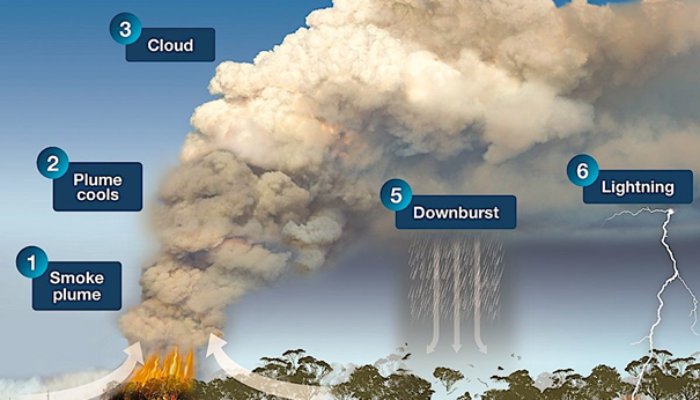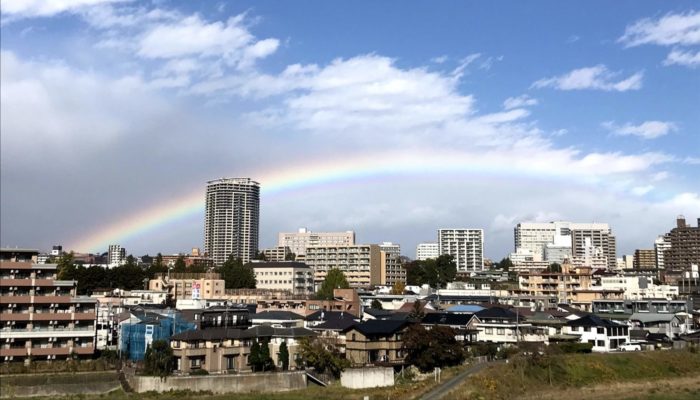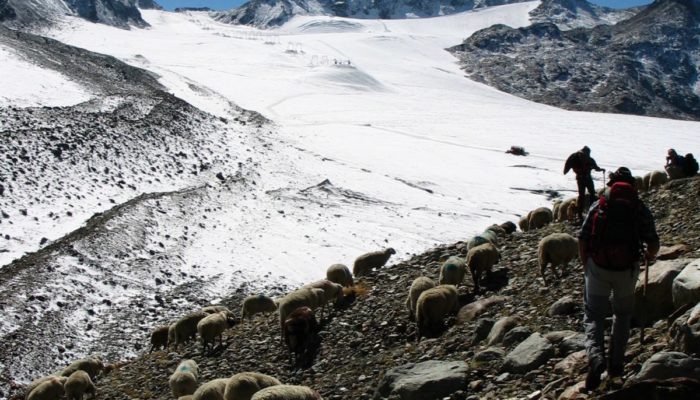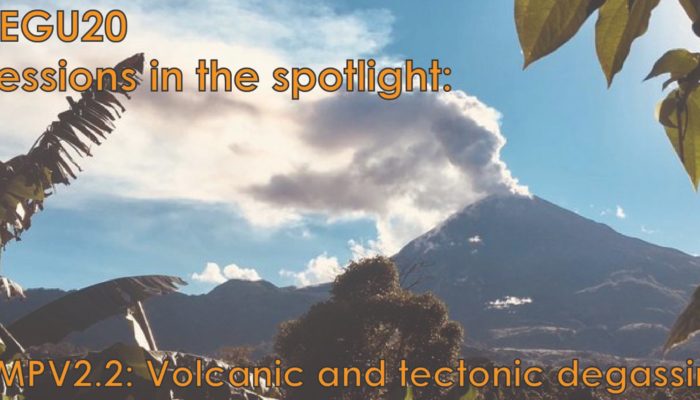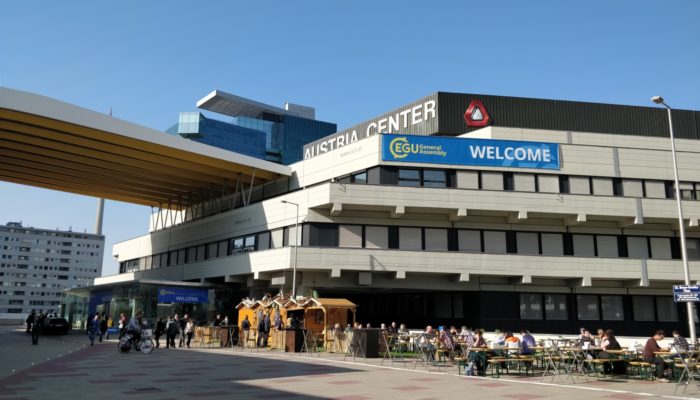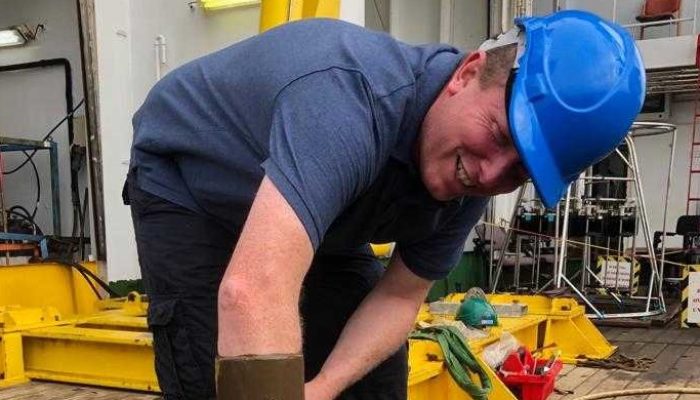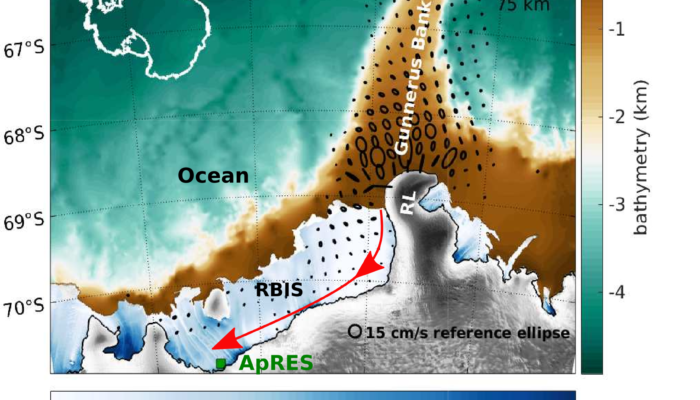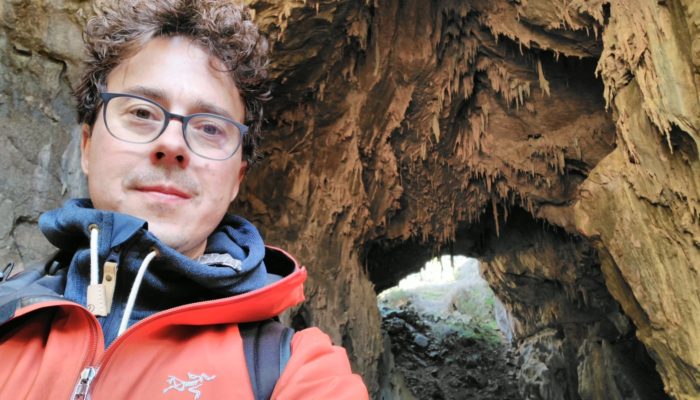Australian wildfires have burned an impressively large surface and caused the death of at least 24 citizens as well as of numerous animals. This immense disaster raises questions about its linkage with climate change, the possibility of controlling these events and the future of Australian wildlife ecosystems. While the first question will be addressed by soon to come attribution studies, and the ...[Read More]
Tectonics and Structural Geology
Sendai, living on the edge!
Sendai and its people live on the edge. The city and its citizens learned to live over a subduction zone. Sendai has survived 500 years of hazards; it is a resilient and industrious city. People know disaster will strike again, but also that they will rise up when it does. Japan, ‘the sunrise country’, would be much better named ‘the land of sinking tectonic plates’. Above the point where the Paci ...[Read More]
Cryospheric Sciences
Education in glaciology: Witnessing the death of a glacier
The Karthaus summer school on Glaciers and Ice Sheets in the Climate System has a long history of training many generations of PhD students, thus forming professional networks that have lasted throughout their careers. The Karthaus summer school has been described in detail in a previous Cryoblog post. Here we want to focus on the story of a glacier… Hochjochferner, a retreating glacier One ...[Read More]
Geochemistry, Mineralogy, Petrology & Volcanology
#EGU 2020 Sessions in the Spotlight: Volcanic and Tectonic degassing
We are now just two days from the EGU 2020 abstract deadline! If you are still searching for the ideal session – here’s one for you! GMPV 2.2 – Volcanic and Tectonic desgassing – aims to cover a wide range of topics relating to degassing from magmatic, tectonic and volcanic settings. If you haven’t started writing your abstract yet… good luck! The convenors say: ...[Read More]
Biogeosciences
EGU2020 Symposia, courses, awards, events and much more…
With the EGU 2020 General Assembly abstract submission deadline approaching (15 January 2020, 13:00 CET), today we would like to highlight some additional events and activities that will hopefully help to convince those of you still hesitating to register this year. Besides interesting disciplinary scientific programme, the EGU has a plenty of other events to offer including symposia, debates, med ...[Read More]
Stratigraphy, Sedimentology and Palaeontology
Congo Canyon: A Chat with Dr Steve Simmons
It is always an interesting period when the time comes around for me to write my blog for the SSP page. My research is predominantly in numerical modelling, which would be interesting if I was modelling awesome natural phenomena, but I don’t. I general assess the sensitivities of the numerical models to different sorts of uncertainty and whilst this is important work for understanding the outputs ...[Read More]
Cryospheric Sciences
Did you know? – Ocean bathymetry can control Antarctic mass loss!
Ice shelves (the floating parts of the Antarctic ice sheet) play a fundamental role in the stability of the Antarctic ice sheet (see this post) and, therefore, its contribution to global sea-level rise. They lose mass primarily through melting at their bases, which are in contact with the ocean. This thins them and makes them more vulnerable, reducing their stabilising potential and causing more i ...[Read More]
Hydrological Sciences
Andreas Hartmann (EGU ECS Awardee) on Doing What You Love Will Pay Off
Andreas Hartmann makes a point to attend Hofer Filmtage – or the Hof International Film Festival – every year to keep up a tradition he started when he was 12. As a professor, he sets down research to make the yearly pilgrimage to his German hometown to visit with his best friends and family. This year, he couldn’t completely separate from work. After getting out of a film, he got a note saying th ...[Read More]
Seismology
…ever thought of becoming a guest writer?
Why guest writers? Seismology opens a window into volcanic, tectonic, oceanic, atmospheric and artificial processes. Spanning from the generation of earthquakes, to their environmental effects, to the most hidden phenomena inside Earth, Seismology involves different scales in time and space. Different studies, different stories and different perspectives for a broader overview on the latest discov ...[Read More]
Seismology
Seismology Job Portal
On this page we regularly update open positions in Seismology. Do you have a job on offer? Contact us at ecs-sm@egu.eu

